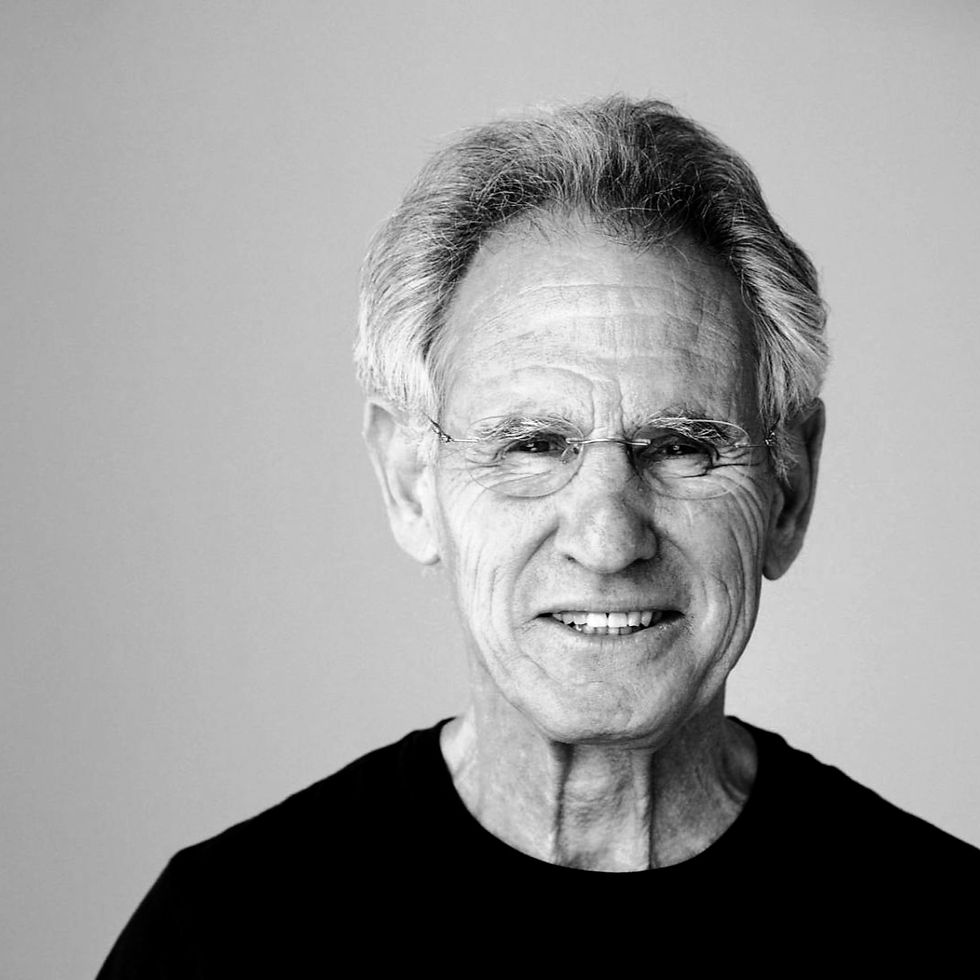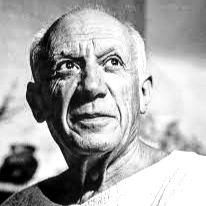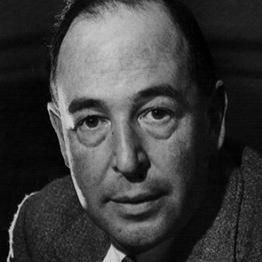Observe: Lessons
- personal995
- Jun 10, 2024
- 7 min read
Updated: Dec 16, 2025
Index
Lessons
Cautionary Lessons
Purpose
Observe: Lessons is a section of Observe.
This page and section exists to assist you to continually learn from those who have come before us.
Many wise humans have come before us. There is no need to relive all their lessons yourself.
Introduction
No one, knows everything. We all make mistakes. We are never correct the first time, every time. What was correct yesterday, can often be wrong tomorrow. Continual learning is the only way to progress.
STRATEGY OF ONE does not have all the answers, but it can help minimise missteps. These Lessons are actions, principles, rules of thumb, cautions and cognitive frameworks you can use to help avoid traps and build momentum through each stage of life.
Continually review and take what you need. Absorb the Lessons that align with your Goals, and make them a part of your internal 'operating system'.
Each Lesson has accompanying quotes from great minds that can help us symbolise and remember the Lesson. That way we can more easily draw it from our memory as required.
The portrait that partners each quote is aimed to make you feel accountable. The individual lived, experience and made the effort to share the quote you are benefitting from. Now you can honour them by living up to it in your life and work.
Process
Review these Lessons as and when it best serves you to do so:
Review with the aim of prevention in mind. To avoid having to learn it the hard way yourself.
Review if you are stuck on a specific phase or step.
Review if you are making repetitive errors.
Review if you need inspiration and motivation.
Review if you need to review or reconstruct your Models & Theories.
Review if you are looking for inspiration for Values or Goals.
Absorb and action the Lessons:
Document the next most important Lessons for you to learn in your Action Plan.
Write them in your journal, if you journal.
Screenshot them and save them on your phone or computer background.
But most importantly, put them into action.
Whatever the Lesson you discover that you need to learn, whether positive or negative, it doesn't really matter. Again, what matters is what you do next.
Continually learn, continually improve and move forward.
Lessons
1. Reflect on Your Passions
Take time to identify your passions and interests. What activities make you lose track of time? Understanding your passions can guide you towards a fulfilling career.

"To find joy in work is to discover the fountain of youth."
Pearl S. Buck, American Writer (1892 - 1973)
2. Examine Your Values
Consider your core values and principles. Aligning your work with your values creates a sense of purpose and satisfaction. Be honest with yourself about what truly matters to you.

"Your time is limited, don't waste it living someone else's life."
Steve Jobs, American Businessman (1955 - 2011)
3. Evaluate Strengths and Weaknesses
Assess your strengths and weaknesses objectively. Understanding what you excel at and areas where you can improve will guide you towards a career that leverages your strengths.

"Knowing yourself is the beginning of all wisdom."
Aristotle, Greek Polymath (384 - 322 BCE)
4. Listen to Intuition
Trust your instincts and listen to your inner voice. Sometimes, your intuition can provide valuable insights into what truly resonates with you.

"Trust yourself. Think for yourself. Act for yourself. Speak for yourself. Be yourself. Imitation is suicide."
Marva Collins, American Educator (1936 - 2015)
5. Learn from Past Experiences
Reflect on past experiences, both positive and negative. What tasks or roles have brought you joy and a sense of accomplishment? Learn from these experiences to guide your future decisions.

"The only real mistake is the one from which we learn nothing."
Henry Ford, American Businessman (1863 – 1947)
6. Embrace Curiosity and Exploration
Stay curious and open to new experiences. Explore different fields, industries, and roles to discover what ignites your curiosity and passion. Don't be afraid to step outside your comfort zone.

"I think, at a child's birth, if a mother could ask a fairy godmother to endow it with the most useful gift, that gift should be curiosity."
Eleanor Roosevelt, American Diplomat (1884 - 1962)
7. Practice Mindfulness
Develop mindfulness practices to stay present and aware. This helps you connect with your true self and prevents distractions from clouding your judgment.

"The best way to capture moments is to pay attention. This is how we cultivate mindfulness."
Jon Kabat-Zinn, American Professor (1944 - )
8. Seek Feedback
Solicit feedback from mentors, friends, and colleagues. Others may offer valuable perspectives on your strengths and areas for growth that you might not see in yourself.

"We all need people who will give us feedback. That's how we improve."
Bill Gates, American Businessman (1955 - )
9. Be Patient and Persistent
Finding your life's work is a process that takes time. Be patient with yourself and persistent in your pursuit. Embrace the journey, and be open to adjustments along the way.

"Patience and perseverance have a magical effect before which difficulties disappear and obstacles vanish."
John Quincy Adams, American Statesman (1767 - 1848)
10. Cultivate Self-Compassion
Be kind to yourself throughout the exploration process. Embrace failures and setbacks as opportunities for learning and growth. Self-compassion enables resilience in the face of challenges.

"You yourself, as much as anybody in the entire universe, deserve your love and affection."
Siddhartha Gautama, The Buddha (6th or 5th century BCE)
11. Practice Self-Reflection
Regularly reflect on your thoughts and beliefs. Question assumptions you might be making about certain careers or industries. This self-awareness helps uncover and address any biases that could be influencing your decisions.

"This above all; to thine own self be true."
William Shakespeare, English Playwright (1564 - 1616)
12. Challenge Stereotypes
Be mindful of societal stereotypes that might be influencing your perceptions of certain professions. Challenge preconceived notions and be open to the possibility that fulfilling work can take many different forms.

"The greatest enemy of knowledge is not ignorance, it is the illusion of knowledge."
Stephen Hawking, English Theoretical Physicist (1942 - 2018)
13. Distinguish Between Preferences and Biases
Differentiate between personal preferences and biases. It's natural to have preferences, but biases can limit your choices. Be honest with yourself about whether your decisions are based on genuine preferences or unfounded biases.
"Know thyself."
Inscribed upon the Temple of Apollo
Cautionary Lessons
1. Ignoring Personal Passions
Neglecting your passions and interests can hinder self-discovery. Listen to what genuinely excites you and explore ways to incorporate those interests into your work.

"Don't ask yourself what the world needs, ask yourself what makes you come alive. And then go and do that. Because what the world needs is people who have come alive."
Howard Thurman, American Philosopher (1899 - 1981)
2. Fear of Failure
Fear of failure can paralyze decision-making. Embrace failures as learning opportunities and recognize that setbacks are a natural part of the journey toward finding meaningful work.

"Do not be embarrassed by your failures, learn from them and start again."
Richard Branson, British Businessman (1950 - )
3. External Expectations
External pressures from society, family, or peers can cloud your judgment. Be honest with yourself about your own desires and aspirations rather than succumbing to external expectations.

"The only person you are destined to become is the person you decide to be."
Ralph Waldo Emerson, American Writer (1803 - 1882)
4. Lack of Self-Reflection
Regular self-reflection is crucial. Set aside time to assess your values, strengths, and areas for growth. Without self-awareness, it's challenging to find work that truly aligns with your authentic self.

"The unexamined life is not worth living."
Socrates, Greek Philosopher (470 – 399 BCE)
5. Conforming to Norms
Trying to fit into societal norms may lead to a lack of fulfillment. Be true to your individuality, recognizing that your path may deviate from conventional routes.

"Do not go where the path may lead, go instead where there is no path and leave a trail."
Ralph Waldo Emerson, American Writer (1803 - 1882)
6. Overlooking Skills and Talents
Ignoring or undervaluing your unique skills and talents can hinder your ability to find work you excel at. Identify and leverage your strengths in the pursuit of fulfilling work.

"The meaning of life is to find your gift. The purpose of live is to give it away."
Pablo Picasso, Spanish Painter (1881 - 1973)
7. Impatience in the Process
Finding your life's work takes time. Impatience can lead to settling for a less-than-ideal situation. Practice patience and understand that the journey is as important as the destination.
"Great things take time. Don't let impatience undermine the masterpiece that is your life's work in the making."
Unknown
8. Ignoring Intuition
Trust your instincts and intuition. Your gut feelings often provide valuable insights into what truly resonates with you. Pay attention to the signals your inner self is sending.

"The only real valuable thing is intuition."
Albert Einstein, Theoretical Physicist (1879 - 1955)
9. Neglecting Personal Development
Continuous personal development is essential for self-discovery. Invest time and effort into learning about yourself, acquiring new skills, and evolving as an individual.

"The best way to predict your future is to create it."
Peter Drucker, Austrian-American Consultant (1909 - 2005)
10. People Pleasing
Constantly seeking approval from others can lead to choices that don't resonate with your true self. While seeking advice is valuable, prioritize your own values and aspirations over external validation.

"Care about what other people think and you will always be their prisoner.
Lao Tzu, Chinese Philosopher (6th - 5th century BCE)
11. Rigidity in Goals
Being overly rigid in your career goals may limit your opportunities for self-discovery. Stay open to unexpected paths and be willing to adjust your goals as you learn more about yourself.

"You are never too old to set another goal or to dream a new dream."
C.S. Lewis, British Writer (1898 - 1963)
12. Comparison with Others
Comparing yourself to others can create unnecessary pressure and hinder your self-discovery. Focus on your own journey and celebrate your unique qualities rather than measuring your success against external benchmarks.

"Comparison is the thief of joy."
Theodore Roosevelt, American Statesman (1858 - 1919)
By reviewing these cautionary lessons above you can heed their warning adjust to suit, deepen your awareness of where you can improve and compound your results moving forward.
Output Checklist
Completed Strategic Review Worksheet from The Workbook for approaching any Observe related opportunities or challenges, guided by all key learnings from this section.
Next Steps
If you feel you have key learnings to takeaway, return to Observe: Main to integrate into your Output Checklist.
To continue to learn more, move on to Observe: Case Studies.
< Observe: Self Review - Previous
Next - Observe: Case Studies >


